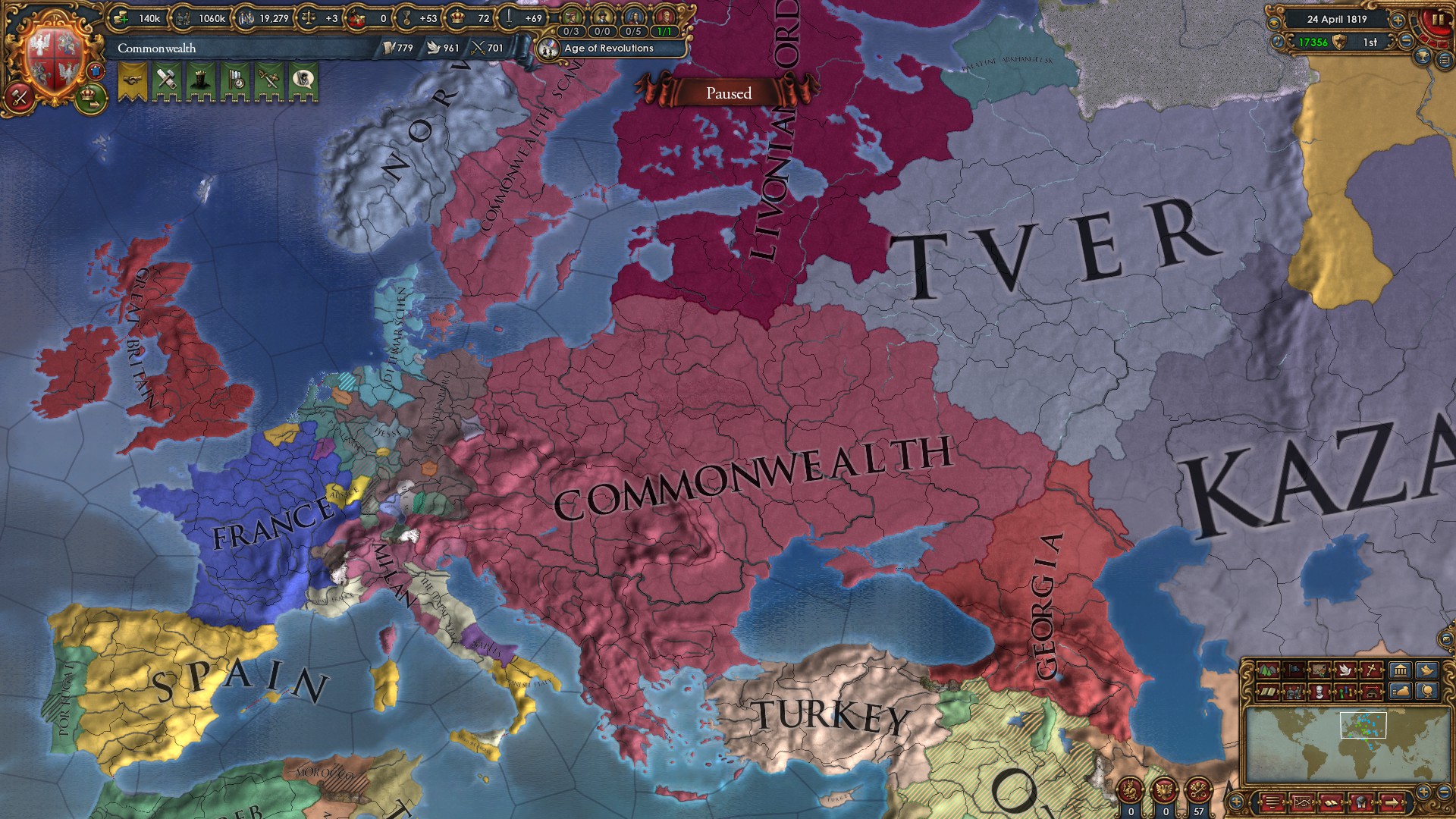

This has made both players and AIs declare suicidal wars. Unfortunately, this has had a couple of bugs, related to the “Attitude towards enemies” and “Distant war” reasons potentially changing as the war starts and additional countries join. When the AI considers starting a new war, it will look at basically the same information as the player can see in this window to figure out who will join on either side. (But Tunis will accept once I start the war) If enabled, it makes your war allies who have been promised land get mad at not getting enough land, even if the war leader doesn’t take anything for itself. It will also make it more risky for players to start a war where they rely too heavily on their allies.Īs a related side note, we’ve fixed a crash related to the PRESS_THEM_FURTHER moddable define. This helps expanding AIs take more stuff, while also reducing the risk and cost of war, compared to just waiting for the enemy warleader to sign a deal. One more subtle but important change is that when an AI warleader considers a separate peace with individual enemies, it will be more lenient. Unlike the old “Requires X to be part of the offer”, this new condition can not be circumvented by completely filling the peace deal with less important treaties.Īs a consequence of this, we’ve also been able to loosen up the “Does not want” condition by making the thumbs green in more cases. It’s not that they don’t want Candar to be released - note the green thumb - it’s that they’d much rather have me release some of my own land.

Here, I was trying to get out of a bad situation by giving away my ally’s land, but Nassau wouldn’t have it. In 1.34, the second expression in particular has been reworked, to allow the AI to express its preferences in more detail. This has given clever players a little too much room to outsmart the AI. However, when the AI is winning, but receives an offer, it has previously relied on very coarse-grained expressions for whether the offer matches its preferences: This is unlike when it is losing, where it will only care about objective measures such as war score cost. When the AI is winning a war, and making demands, it has a bunch of preferences that it tries to balance against each other for an optimal peace deal. What started out as an investigation into why AIs often left OPMs alive in peace deals, turned into a slightly bigger project. Admittedly though, a downside of this more opportunistic AI is less clean borders. If your plan as a player is to “Kill Ottomans early, then chill”, you may find that you’ve just aided some other AI in taking their place as your end-game boss. Typically, these AIs balance off each other nicely. It makes us happy and proud to see the AI form historical countries such as Germany, Italy and Qing. Here are a bunch of recent hands-off 1821 maps, only slightly cherry-picked: We were a little worried that this might cause games to all look the same, but our hands-off overnight games look arguably even more varied than before. The result is an effect which is just noticeable in terms of AI behavior, but compounds over time to create AI empires - sometimes historically reminiscent - that provide a real challenge to players who continue into the late game. These changes will work together with the AI’s more organic desires to shape its ambition and strategy. We also made the AI pursue cultural unification, depending on government rank. But because of various issues this has not had a significant impact.įor 1.34, we’ve made sure the AI takes many of these conditions into account, especially those related to conquests.
#Aurora universalis paradox forums code
Welcome to this week's Dev Diary! Today I'm back to talk about some of the changes we've made to the AI for 1.34.įor a long time, there has been code and script for the AI to be aware of the conditions of its missions and decisions and try to achieve some of them.


 0 kommentar(er)
0 kommentar(er)
